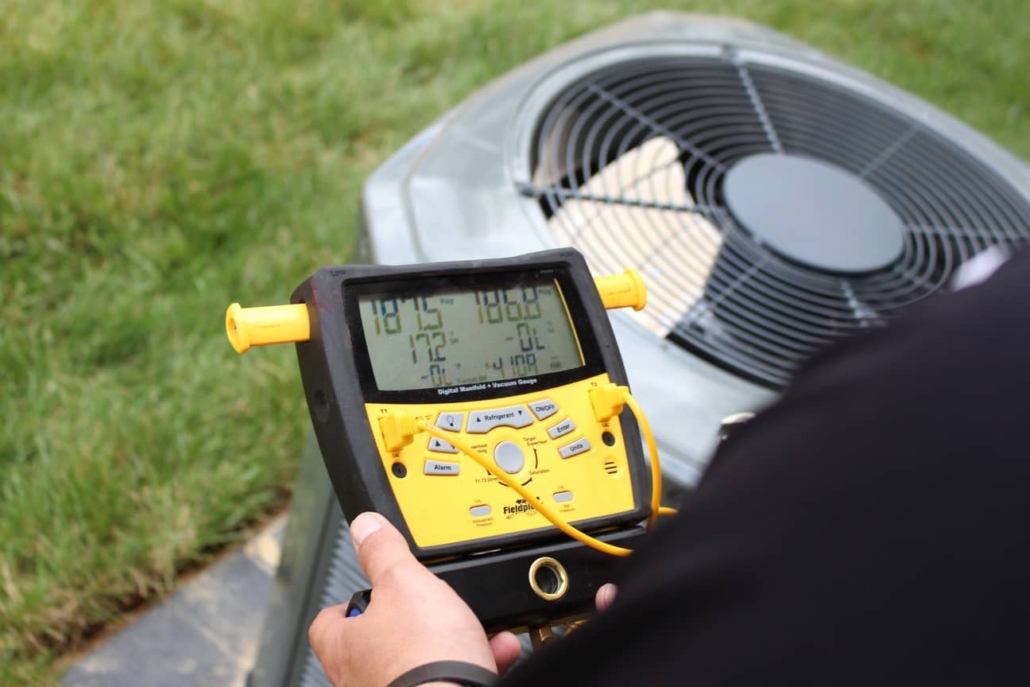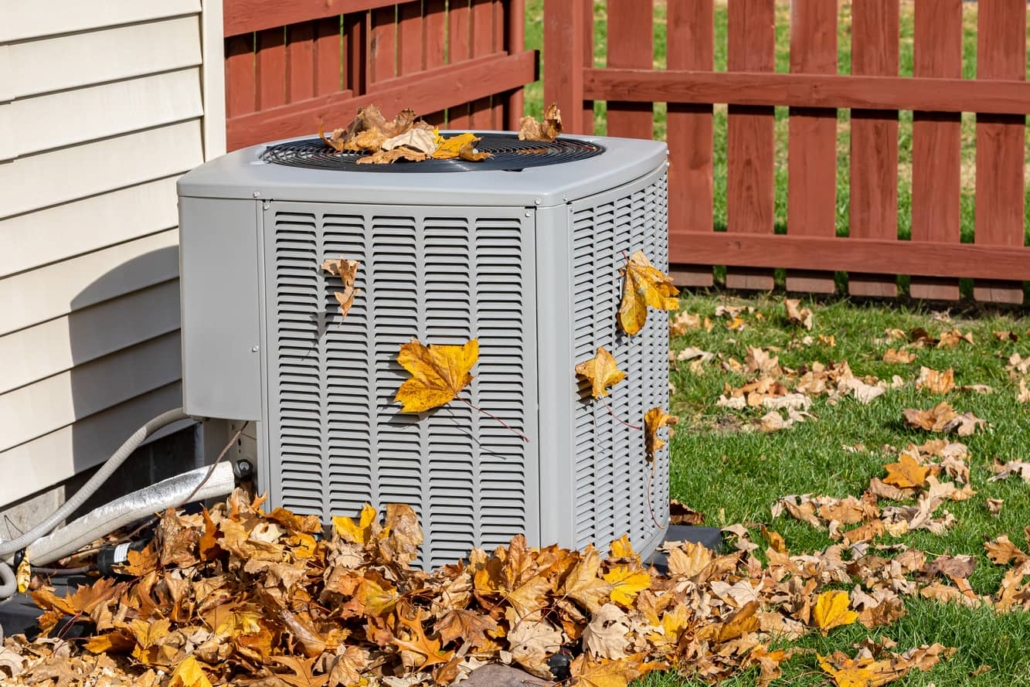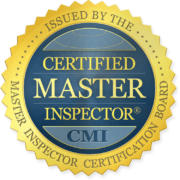Does Humidity Affect Air Conditioning
Owning a home requires a lot of maintenance and attention to detail. When it comes to your air conditioning, keeping up with the maintenance is a must. Consequently, you should consider reading up on the exact make and model of air conditioning that is associated with your home. This allows you to understand how to control the moisture conditions in your home. Does humidity affect air conditioning? Yes, if you have high humidity in your home, the air conditioner has to work harder.
Let’s take a look below at some more details regarding high humidity in your home.
What Causes High Humidity
Just like any other working appliance that uses electricity, humidity can definitely affect the way your air conditioning works. Let’s take look at how high humidity is caused in your air conditioner.
- The Fan is left on – when the fan is left on, the air is still circulated even if the ac unit is off. Humidity levels will increase because the fan will actually be blowing all of the moisture that was just removed by your air conditioner back into the home.
- Single speed – look to invest in an AC unit that offers variable speeds. When the system only has an on-and-off variable, the unit isn’t working as efficiently to remove humidity from the home. A set temperature controls the unit and tells it when to turn it on and off. This back and forth of on and off does not allow the system to properly remove the humidity.
- Oversized unit – if the system is too big, it cannot balance controlling temperatures and humidity levels. The compressor turns on and off way too often. When this occurs the system never operates long enough to remove the excess moisture from the air. Installing a smaller ac unit will solve this issue.
- Negative Air Pressure – negative air pressure is a result of poor ventilation. If the system is not set up properly, the negative air pressure will bring in more outside air. When your temperatures outside get into the more humid levels, your air conditioner will suck in the muggier air. At this point, changing the ventilation system is needed.
The other main reason for the high humidity is the unit is too old. As parts start to grow old they wear down. This prevents the unit from working as efficiently as possible. Maintain your system on a regular schedule so that this does not occur. Also, if you notice that temperatures and cooling have not been consistent, it might be time to repair or replace your ac unit.

How Does High Humidity Affect It
Believe it or not, high humidity can affect your air conditioner. If the humidity levels are excessive, the air conditioner will need to work harder. Keep in mind that if your air conditioner has to work extra hard, it does not have the capability of keeping up with your home’s cooling capacity needs. Also, if this occurs, you will likely never feel a cooler temperature in your home. Let’s take look at the common signs of high humidity inside the home.
- Musty smells – too much humidity increases moisture and dampness in your home. Having dampness in the home will increase the possibility of mildew and mold growth.
- Clammy or Moist air – your skin could feel clammy due to the increased moisture in the air.
- Foggy windows – your windows could look like condensation is building up on them and creating a foggy look. When humidity becomes bottled up, it has nowhere to go but to stick to the walls and windows.
Other Recommended Maintenance
Now that you have an understanding of high humidity and how it can affect your air conditioner, you can create a solution to keep your system working properly. The main area that you should consider is what maintenance is needed to keep your system working correctly.
Next, if you are really concerned about moisture or humidity buildup, you might want to have your chimney cap checked out. If you have a fireplace and your chimney cap is damaged, wind and rain can enter your fireplace. This would create a larger moisture issue in your home. Also, if water gets into your chimney it could increase the dampness and humidity in your home.
Lastly, read up on when you can replace your HVAC system. If you are having major humidity issues with your air conditioner, it might be time to replace the HVAC unit. Make sure that you understand when it is time to replace, rather than repair your air conditioner.

When Do I Call A Professional
The moment that you are having an issue with your air conditioner, you will want to call on a professional. Hiring a professional HVAC service technician is key. Consequently, working on an air conditioner is not for homeowners. You must have a professional license in order to work on any HVAC equipment.
Also, if you aren’t sure who to call, reach out to your local home inspection team. They can inspect the entire HVAC system which includes the air conditioning. Additionally, they can recommend a reputable HVAC service technician.
Conclusion
Anytime that your air conditioner is having issues there could be a variety of reasons why. Hiring a professional HVAC service technician can help you determine what issues you might be having. Conducting proper maintenance on your air conditioning unit can save you a lot of money.
Reducing the humidity in your home can help keep the longevity of your air conditioning. Be sure to hire your local home inspection team to have your air conditioner inspected and the moisture levels in your home measured. Reach out to Warren Inspections in Eastern and Central Massachusetts for an HVAC inspection, along with a full home inspection.


